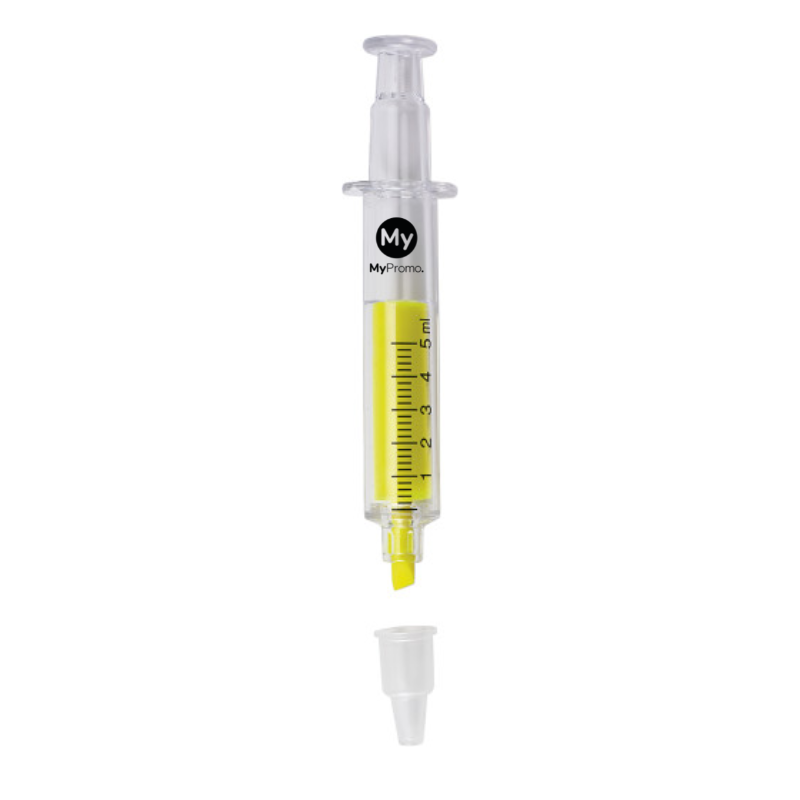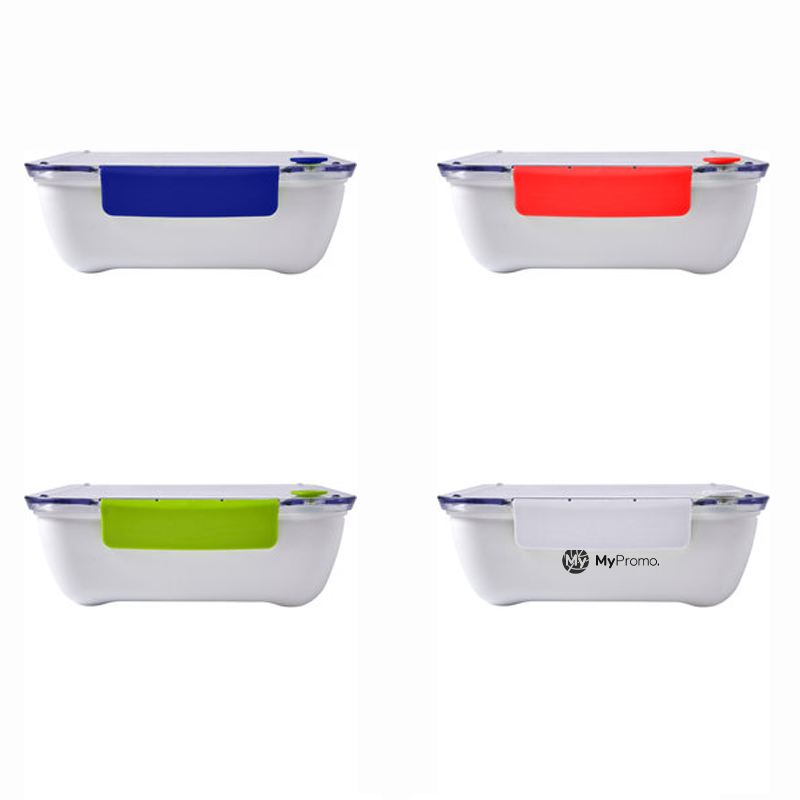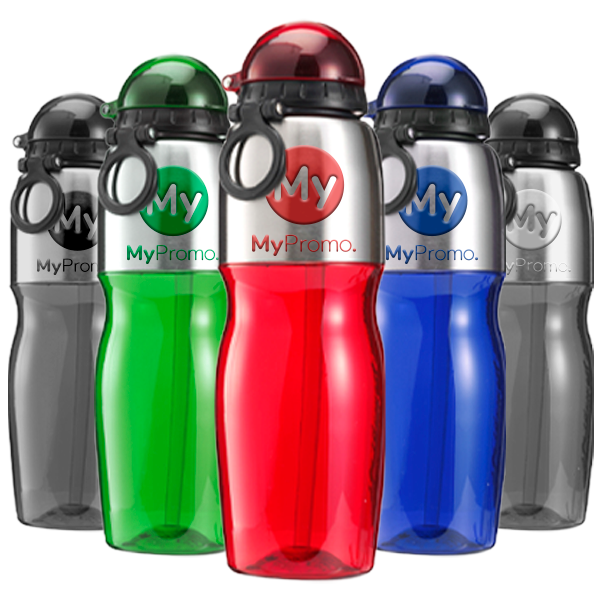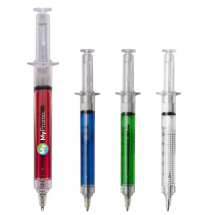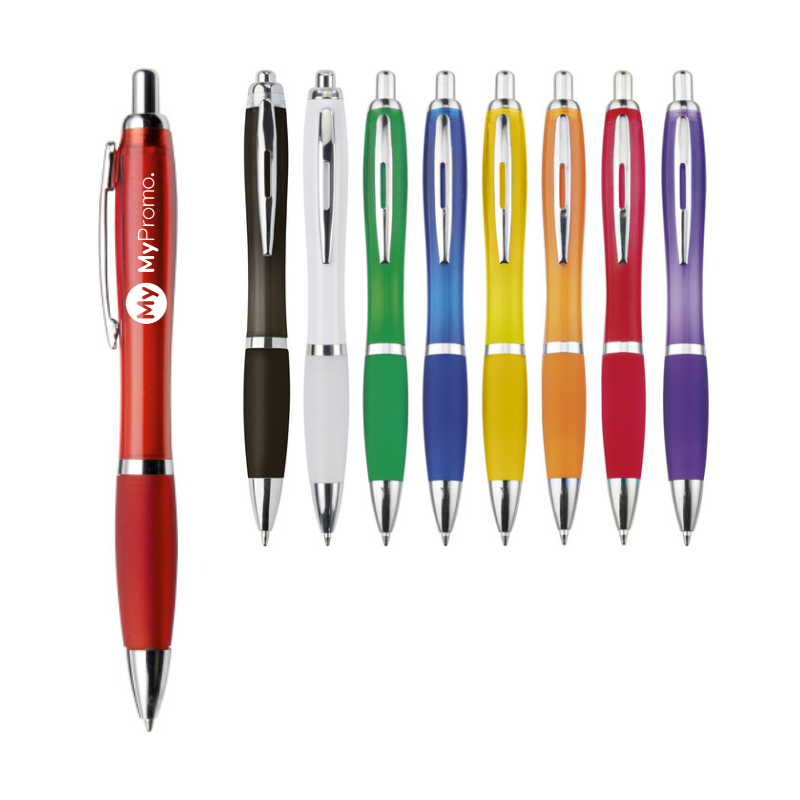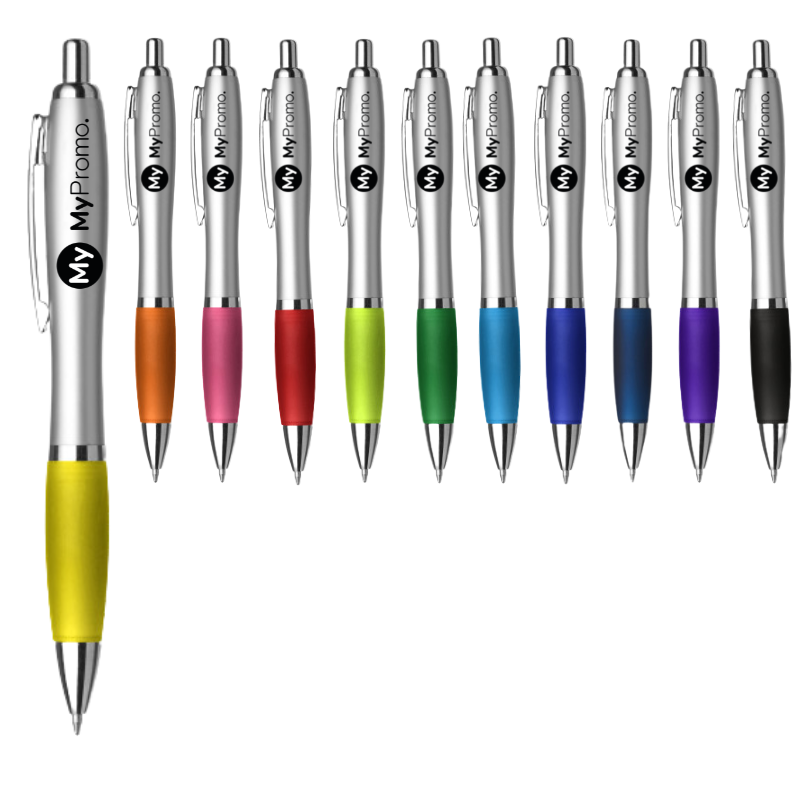AS
What is Acrylonitrile Styrene (AS)?
Acrylonitrile Styrene, commonly referred to as AS plastic, is a copolymer made by polymerising styrene and acrylonitrile in the presence of polybutadiene. This material is renowned for its strong resistance to chemical corrosion and its robust physical properties. The history of AS plastic dates back to the mid-20th century when the demand for versatile and durable materials in manufacturing was on the rise. Its development was aimed at combining the advantageous properties of both acrylonitrile and styrene, offering a balance between strength, aesthetics, and cost-efficiency. The basic process of producing AS plastic involves several steps. Initially, the raw materials, styrene and acrylonitrile, are mixed with a polybutadiene rubber. This mixture is then polymerised through a process called emulsion polymerisation, which creates a tough, durable plastic. The polymer material is then extruded into pellets, which can be melted and moulded into various forms depending on the manufacturing requirements.Key Properties and Characteristics of AS Plastic
AS plastic boasts several properties that make it highly sought after in manufacturing. It is transparent, allowing it to be used in applications where visibility of the content is necessary. Its rigidity and impact resistance are superior to many other plastics, making it an excellent choice for products that require a durable structure. Additionally, AS plastic does not absorb flavours or odours, which is particularly advantageous for food-related applications.
Common Applications and Advantages
AS plastic is widely used across various industries. In the world of promotional gifts, it is favoured for creating items like personalised mugs, tumblers, and other drinkware that benefit from its clarity and durability. Moreover, AS plastic is often used in the manufacturing of household appliances, toys, and cosmetic containers. Its ability to be easily moulded and coloured makes it an ideal choice for personalised promotional products, offering both functionality and aesthetic appeal.
One of the significant advantages of AS plastic in manufacturing is its ease of processing. It can be injection moulded, extruded, or thermoformed, which are processes that allow for high-volume, intricate production runs. Its stability under normal environmental conditions and resistance to various chemicals makes it more durable than many alternative materials, thus extending the lifespan of products made from it.
Comparisons and Challenges
When compared to materials like polyethylene or polypropylene, AS plastic generally offers better transparency and heat resistance, making it suitable for applications where these attributes are crucial. However, it is typically more expensive and less resistant to impact than these alternatives, which can limit its use in certain contexts.
The production of AS plastic also presents environmental challenges, as the material is not biodegradable. Recycling AS can mitigate this issue, though the recycling rates for AS are currently lower than for more common plastics like PET or HDPE. Efforts to improve the recyclability of AS plastic are ongoing, aiming to reduce its environmental footprint.
In conclusion, Acrylonitrile Styrene is a versatile and effective material widely used in the manufacturing sector, particularly for durable, visually appealing promotional gifts. Its unique combination of transparency, chemical resistance, and rigidity makes it a valuable material, despite its challenges and the competition from other plastics. As advancements in polymer technology continue, the applications and efficiency of AS plastic are expected to expand even further.
What is Acrylonitrile Styrene (AS)?
Acrylonitrile Styrene, commonly referred to as AS plastic, is a copolymer made by polymerising styrene and acrylonitrile in the presence of polybutadiene. This material is known for its excellent transparency and resistance to chemical corrosion.
What are the key properties of AS plastic?
AS plastic is noted for its transparency, rigidity, and high resistance to impact and chemicals. It does not absorb flavours or odours, making it suitable for food-related applications, and has good heat resistance, ideal for items subjected to higher temperatures.
How is AS plastic made?
The production process of AS plastic involves emulsion polymerisation of styrene and acrylonitrile with polybutadiene. The resulting polymer is then extruded into pellets, which can be melted and moulded into various forms depending on manufacturing needs.
How does AS plastic compare to other plastics like PET and HDPE?
Compared to other plastics such as PET and HDPE, AS plastic offers superior clarity and better heat resistance. However, it is generally more expensive and less impact resistant, which may restrict its use in certain applications.
Can AS plastic be recycled?
AS plastic is recyclable, though its recycling rates are lower than more commonly used plastics like PET or HDPE. Efforts are being made to enhance the recyclability of AS plastic to lessen its environmental impact. Recycling facilities for AS may not be as widespread, so it's important to verify local recycling options.
